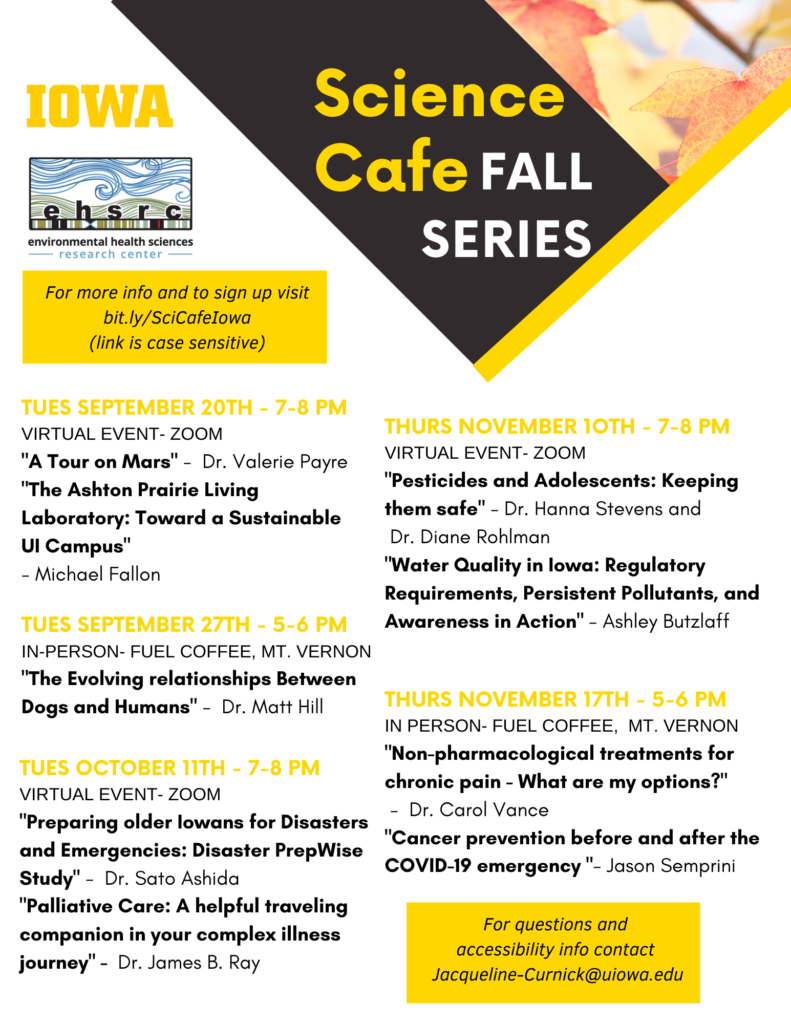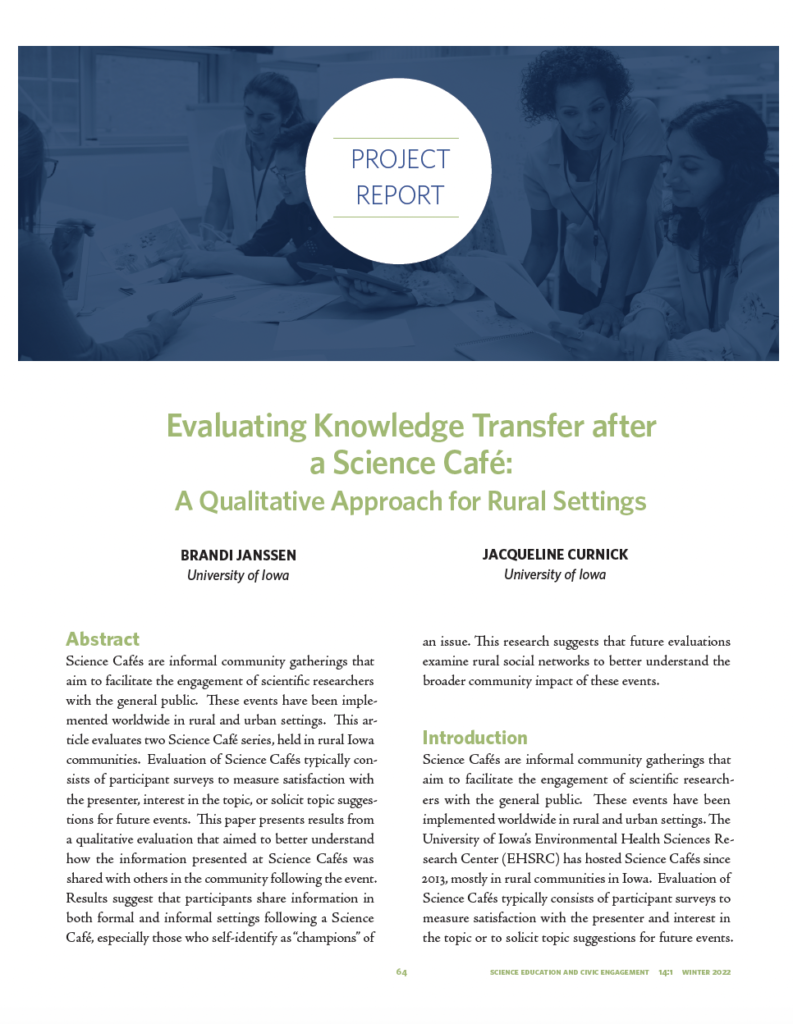R. William “Bill” Field, professor emeritus of occupational and environmental health at the University of Iowa College of Public Health, died Friday, Nov. 4, 2022, at the University of Iowa Hospitals and Clinics at the age of 68 from refractory mantle cell lymphoma.
Field completed his PhD in preventive medicine and environmental health at the University of Iowa in 1994. He joined the UI faculty in 1998. He recently retired as a Professor from the University of Iowa’s College of Public Health with appointments in the Department of Occupational and Environmental Health and Department of Epidemiology.
1994. He joined the UI faculty in 1998. He recently retired as a Professor from the University of Iowa’s College of Public Health with appointments in the Department of Occupational and Environmental Health and Department of Epidemiology.
Bill is recognized internationally for his expertise in radon and radiation health effects, not only for his epidemiologic research into the radioactive gas, but for his advocacy and community engagement efforts to inform the public about radon’s human health risks and to mitigate radon exposures. He served on the Presidential Advisory Board for Radiation and Worker Health till his death. He served on other national and World Health Organization boards during his career. He established the Occupational Epidemiology Training Program at the University of Iowa College of Public Health. He worked with professional organizations to improve radon testing and to educate the public on health risks from radon. In 2022, the Conference of Radiation Control Program Directors (CRCPD) selected Field to receive the organization’s Radon Hero Award. Above all, he was a compassionate mentor who delighted in guiding his students towards independent careers in public health.
Bill was a valued member of the EHSRC for 16 years and most recently served as leader of the Population Health Research group, as well as having participated in the drafting of state legislation (IA), speaking engagements through community forums, academic conferences, and legislative summits. His warm, collaborative spirit will be greatly missed by his friends and colleagues at the EHSRC.


